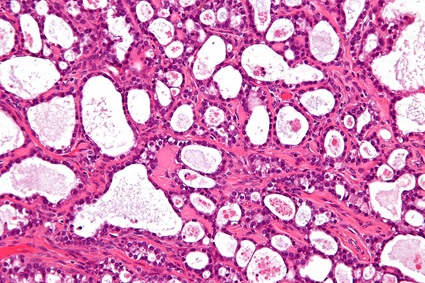The Adult Drug Development Unit at the ICR and the RM
The Adult Drug Development Unit (DDU) at The Institute of Cancer Research, London, and The Royal Marsden NHS Foundation Trust, comprises an internationally-leading group of >100 staff focused on early anti-cancer drug development. In 2011, at the Experimental Cancer Medicine Centre Network quinquennial review, the unit was given a rating of ‘outstanding’ for past work and future plans.
How we research at this centre
The Drug Development Unit aims to seamlessly integrate preclinical drug discovery, proof-of-principle phase I trials and tumour-specific evaluation of novel agents. It is a conduit for the two-way communication between laboratory and clinical teams that is so essential for successful modern drug development.
The unit includes The Oak Foundation Drug Development Centre – housed within The Royal Marsden at the Sutton site and specifically designed for phase I clinical trials. Opened in February 2005, the centre provides 10 inpatient beds, five treatment chairs and two outpatient suites, and allows researchers to enter almost 300 patients onto phase I trials each year. This makes the unit one of the largest of its kind in the world.
Many of these trials at the Drug Development Unit investigate ‘molecularly targeted treatments’, where treatments are matched to the particular molecular features of a patient’s tumour.
Staff at the unit molecularly characterise patients entering phase I studies by detecting mutations in tumours and in the blood. Patients are then placed onto trials of agents targeting their mutations. Selecting patients for early-phase clinical trials in this way increases the likelihood that they will benefit from their treatment. The eventual goal is fully personalised medicine, with drugs exploiting the specific weaknesses of a tumour at a particular point in time.
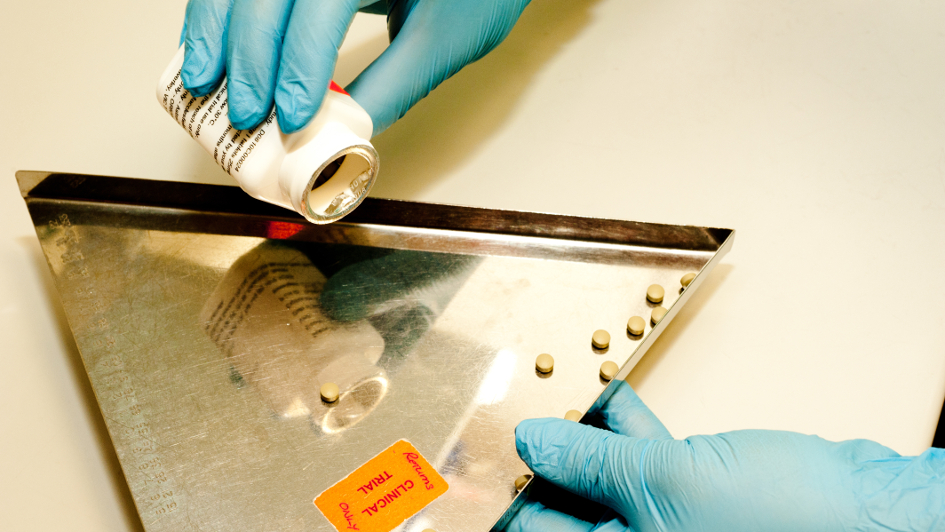
Our research
Find out about our clinical and translational cancer researchOur facilities and services
Opened in February 2005, the DDU Ward is a purpose-designed Phase I clinical trials facility within the Royal Marsden. It provides seven day-care treatment chairs, two outpatient suites, and Oak Ward – a ten-bed inpatient ward, including two single en-suite rooms with negative pressure. The unit is staffed 24-hours a day, for at least five days a week. Based within the main body of the hospital, the unit is fully integrated with the full spectrum of clinical and support services, including the full support of the hospital’s Critical Care Team with whom we work very closely and have established standard operating procedures, for example in managing cytokine release syndrome toxicities.
The DDU provides a comprehensive clinical trials pharmacy service with dedicated Trials Pharmacist and Pharmacy Trials Technician staff. The Pharmacy team works closely with study teams on a day-to-day basis to ensure smooth delivery of trial services within our early phase centre.
The analytic laboratory at the DDU is staffed by laboratory technicians and supported by a dedicated pharmacodynamics sample collection team based in the ICR. The laboratory facilitates pharmacokinetics and pharmacodynamics processing, tracking, storage and shipment to protocol requirements. The DDU has capabilities to analyse a range of biomarker samples including hair follicle, skin and archival and fresh tumour biopsies, and are able to provide sections from formalin fixed paraffin embedded (FFPE) archival tissue samples or frozen samples. On-site analysis facilities include:
- Histopathology: immunohistochemistry, multi-colour immunofluorescence, fluorescence in situ hybridisation (FISH), chromogenic ISH, nucleic acid extraction from tumour tissue for DNA and mRNA analyses and tissue microarray including RNAish.
- Next generation sequencing: Illumina and Ion Torrent platforms. All referred patients have their tumours evaluated with a targeted sequencing panel determining mutation analyses and gene copy number with expert bioinformatic support.
- Circulating biomarker expertise: analysis of plasma DNA, circulating tumour cells, exosomes, white blood cell immunophenotyping and whole blood mRNA analyses.
We routinely seek to recruit newly referred DDU patients into molecular characterisation studies whereby patients consent to retrieval of archival and/or fresh tumour tissue for molecular testing. The clinical pharmacodynamics research group develops and runs bespoke complex pharmacodynamic assays that are crucial to the development of targeted anti-cancer drugs. They conduct these in academic and pharmaceutical company run Phase I studies.
The Radiology department has full access to MRI, CT, PET-CT, US, and general nuclear medicine (for bone and multi-gated acquisition [MUGA] scans) facilities. Our imaging department is augmented by collaboration with research teams with a special interest in translational functional imaging at the Cancer Research UK Cancer Imaging Centre and the NIHR Cancer Imaging Clinical Research Facility (CRF). The clinical team includes dedicated experienced radiologists, nuclear medicine physicians, medical physicists and research radiographers. We have cyclotrons on site supporting PET imaging. Our team has extensive expertise in translational imaging studies utilizing PET with tracers like Zirconium and whole body MRI, as well as with magnetic resonance spectroscopy.
Our team is fully equipped to support remote monitoring of site activities. We are able to hold remote Site feasibilities and SIVs. Our digital infrastructure provides a comprehensive, regulatory compliant and bespoke solution to enable remote verification of source data.
Our group
Director
Co-Director
Professor Johann De Bono
Head of Division:
Cancer Biomarkers, Prostate Cancer Targeted Therapy Group, The Adult Drug Development Unit at the ICR and the RM
Professor Johann de Bono is the Head of the Division of Clinical Studies and an international expert in the development of novel anticancer therapies against adult cancers. His group of runs one of the world’s largest phase I clinical trials units for cancer, with +100 staff including dedicated radiology and pathology staff; he also runs a separate group focused on improving prostate cancer care that have led pivotal phase III trials of several prostate cancer drugs including abiraterone, cabazitaxel, enzalutamide and olaparib as well more recently ipatasertib and lutetium-PSMA.
Professor Udai Banerji
Co-Director, Drug Development Unit:
Clinical Pharmacodynamics Biomarker Group, Clinical Pharmacology & Trials, Clinical Pharmacology Adaptive Therapy Group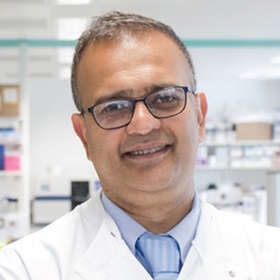
Professor Udai Banerji champions multidisciplinary working at the interface between early phase clinical trials, drug discovery and translational research related to drug resistance. He is Deputy Director of the Drug Development Unit at The ICR and Royal Marsden, and as a key member of the Centre for Cancer Drug Discovery, also heads the Clinical Pharmacodynamics Biomarker Group and the Clinical Pharmacology-Adaptive Therapy Group.
Consultants
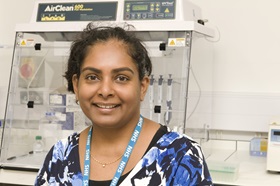
Professor Juanita Lopez
Team Leader
.tmb-propic-md.jpg?Culture=en&sfvrsn=268711eb_1)
Dr Adam Sharp
Group Leader
Translational TherapeuticsHead of Operations
Deputy Head of Operations (DDU – Clinical Trial Site)
Deputy Head of Operations (Investigator Initiated Trials)
Divisional Administrator
Lydia Turner
DDU OakWard Matron
Angela Little
Current vacancies in this group
Recent discoveries
We recommend widening your search to return results.
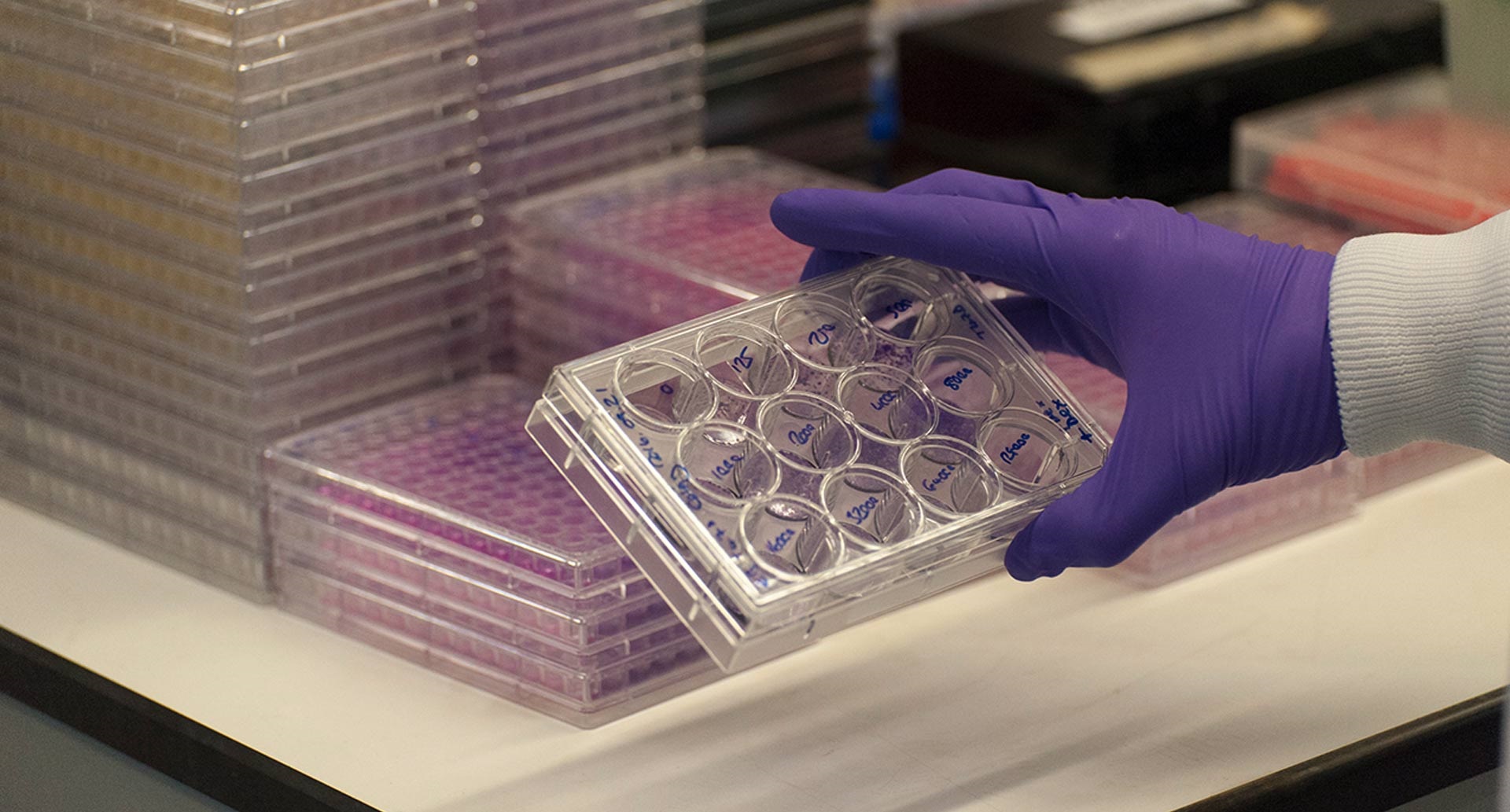
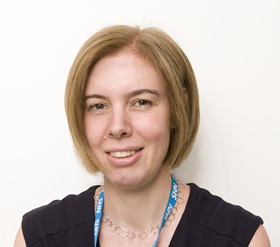
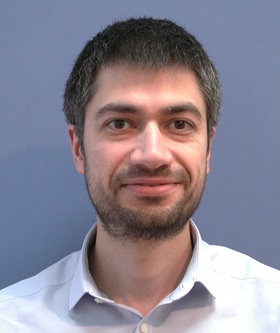
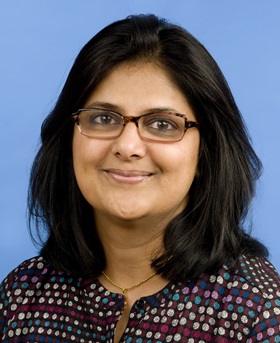
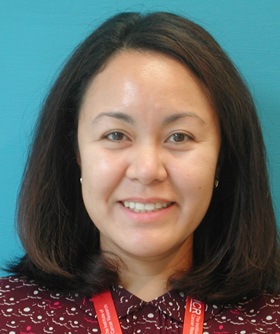

.jpeg?sfvrsn=2b0f927_1)
